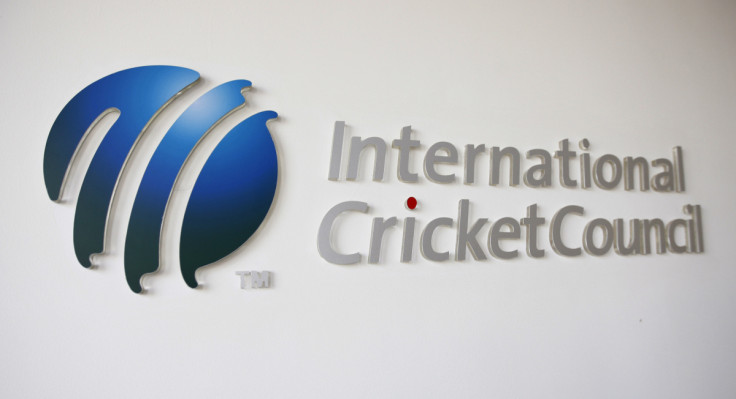Cricket-Pakistan Unhappy With New ICC Revenue Model, Demands Clarity

The Pakistan Cricket Board (PCB) is unhappy with the proposed new revenue distribution model for international cricket although it accepts that India, the game's financial engine, should get the biggest share, chairman Najam Sethi told Reuters.
The International Cricket Council (ICC), the game's global governing body, has proposed a new revenue sharing model for the 2024-27 cycle to be voted on at its next board meeting in June.
According to figures leaked to Cricinfo, India would claim 38.5%, while England and Australia would pocket 6.89% and 6.25% respectively. Pakistan stands to earn 5.75% of the ICC's projected earnings, primarily from its media rights sale.
The 12 full members of the ICC would collectively get 88.81%, while the rest would be distributed among its 96 associate members.
"We are insisting that the ICC should tell us how these figures were arrived at," Sethi told Reuters from London.
"We are not happy with the situation as it stands.
"Come June, when the board is expected to approve the financial model, unless these details are provided to us, we are not going to approve it."
India generates an estimated 80% of ICC revenue and Disney Star shelled out $3 billion last year to acquire the 2024-27 media rights for the Indian market.
Sethi said the PCB had already asked the ICC to explain how its finance and commercial affairs committee, headed by Indian cricket board secretary Jay Shah, determined the share.
Despite the fact that all nations will get more money, Sethi said at least two other test playing nations were not happy with the model and had sought more details.
The ICC, which considered factors such as the performance of a country's men's and women's teams and their contribution to the ICC's commercial revenue, was not immediately available to comment.
"In principle, India should get more, there is no doubt about that but ... how is this table being developed?" Sethi said.
The proposed revenue split has become a major talking point in world cricket, which is already facing a rapidly altering landscape because of the Indian-driven rise of franchise-based leagues.
Former England captain Mike Atherton, writing in The Times newspaper on Monday, criticised the "flawed" model, which he feared would only deepen the game's existing inequality.
"If that distribution comes to pass, then the strong will get stronger, the weak weaker (relatively) and international cricket will continue to become less competitive -- which is in nobody's long-term interest," Atherton wrote.
© Copyright Thomson Reuters 2025. All rights reserved.





















